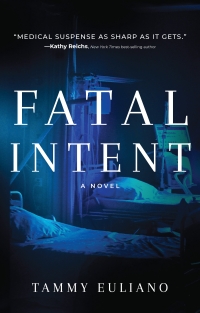Resources
Living Will or Advance Directive
A living will is a legally binding document that informs caregivers of your preferences for medical interventions at the end of life. In addition, you should complete a medical or health care power of attorney. This assigns an individual (called a healthcare agent/proxy/surrogate/representative) who makes decisions in unanticipated situations which do not quite fall under your Living Will. They must act according to your likely wishes, which they can only know if you have a frank conversation.In a 2018 survey, while 92% of Americans considered it important to have this discussion, only 32% had done so. Though the conversation seems morbid, 95% of Americans said they would be willing to have it, and more than half said it would actually bring relief.
We owe it to our families to talk about and document our wishes. It is not fair to force a grieving loved one to make a decision you could make for yourself in advance. Furthermore, your wishes in writing may avert familial discord at a time it would do the most damage.
And this is not only for our parents and grandparents. Every adult should complete these documents, and update them over time, with a new diagnosis, for example.
While you can go straight to the state-specific forms on eforms.com or the American Bar Association’s list of State-specific Advance Directive links, I encourage you to spend a little time learning about your choices and conversing with your loved ones.
The American Bar Association has a very straightforward toolkit with questionnaires and conversation guides.
Other options include The Conversation Project, a site sponsored by The Institute for Healthcare Improvement, which is dedicated to “Helping people share their wishes for care through the end of life.” It includes detailed information and guides for choosing and being a Health Care Proxy.
Similarly, Compassion & Choices has a helpful toolkit that includes detailed guidance on all the options and helpful checklists, along with related resources.
I know this is not the feel good conversation for your relaxing evening, but get it over with, stash the documents safely, then read a good book…like Fatal Intent. Or maybe you should read that beforehand.


